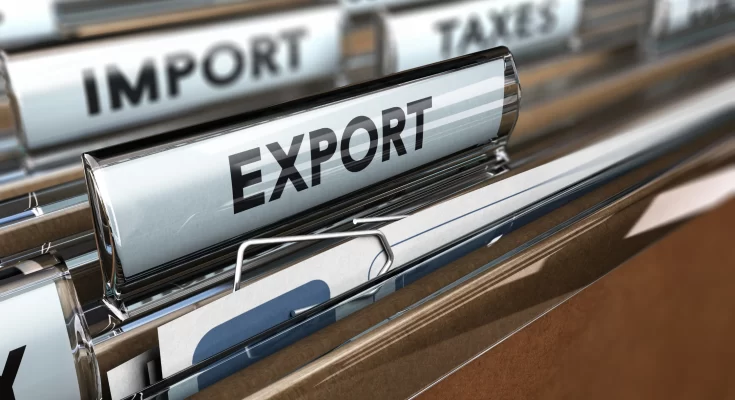South Africa Moves to Impose Chrome Export Tax. The South African government’s proposed export tax on chrome ore is generating concern across the mining sector, with industry representatives warning of potential job losses and reduced revenue.
In a recent development announced on June 26, 2025, the South African Cabinet revealed plans to introduce a chrome ore export levy. The move, coupled with a decision to lower electricity tariffs for chrome smelters, is aimed at reviving the struggling ferrochrome industry.
According to the government, the policy is designed to protect domestic smelting operations, which have been squeezed by high power costs and fierce competition from global players—particularly China.
However, the Minerals Council South Africa, the umbrella body representing the country’s major mining firms, has publicly raised concerns about the potential unintended consequences of the export tax.
“The proposed chrome ore export tax could significantly hurt chrome producers, jeopardising the sector’s R85 billion contribution to the economy and threatening over 25,000 direct jobs,” the Council stated.
Tax vs. Trade-Off: Industry at a Crossroads
South Africa remains the world’s leading exporter of chrome, having shipped a record 20.5 million tonnes of concentrate in 2024—most of it to China. But its domestic ferrochrome production has declined sharply due to rising electricity costs, leading to the closure of several smelters.
The new tax policy is intended to shift the balance by discouraging raw ore exports and incentivising value-added processing within South Africa. However, stakeholders argue that the tax could reduce the competitiveness of local chrome miners in the global market.
“Rather than preserving the ferrochrome value chain, the tax could result in reduced mine profitability and job erosion,” industry leaders warned.
Nigeria: IMF Endorses New Tax Law, Flags Delay in Revenue Impact
Key Players and Economic Stakes
Major chrome producers operating in South Africa include Glencore, Tharisa, and South32. Together, these firms play a vital role in generating foreign exchange, supporting local employment, and contributing to national tax revenue.
In 2024 alone, chrome exports brought in an estimated R85 billion ($4.85 billion). The sector’s strong export performance remains critical in balancing the country’s current account and funding public infrastructure through tax contributions.
Policy Trade-offs and Tax Implications
From a fiscal standpoint, the export tax could create short-term revenue for the government. However, analysts caution that it may shrink the overall tax base if mining operations scale back or shut down due to reduced margins.
Experts have also raised concerns about the potential compliance burden, pricing distortions, and trade tensions that could arise from the new tax regime.
Transport and Logistics Upgrades on the Horizon
Meanwhile, separate developments in South Africa’s bulk export sector signal hope for logistical improvements. Mining giants like Glencore and Anglo American are in talks to invest in Transnet rail infrastructure, with agreements expected to unlock billions of rand for upgrades.
These investments aim to repair key freight corridors and reduce backlogs in mineral shipments, further bolstering the long-term viability of South Africa’s mining exports—if policy alignment can be achieved.
Conclusion
As the chrome ore export tax moves closer to implementation, stakeholders are urging policymakers to weigh the long-term fiscal sustainability of the industry.
While the intent is to support local value addition and ferrochrome recovery, the unintended consequences on employment, export revenue, and tax receipts could undercut broader economic goals.
The tax community, especially transfer pricing professionals and tax strategists, will need to closely monitor how this policy unfolds, particularly in terms of cross-border pricing, trade compliance, and fiscal impact assessment.




